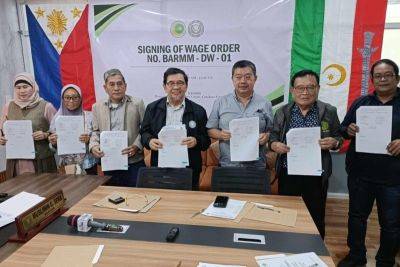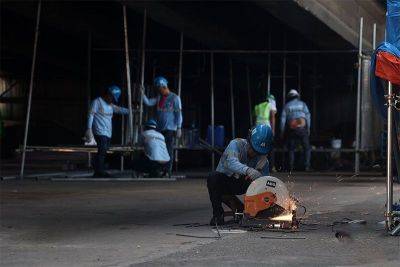Separation pay is not awarded to employees who commit grave misconduct
Dear PAO,
My uncle is employed by a prestigious corporation. Due to a business recession, the company retrenched a part of its workforce. In opposition to the retrenchment, some of its employees, including my uncle, staged a strike. Meanwhile, the government found the retrenchment to be justified but declared the strike to be illegal. As a result, the employees who participated in the illegal strike were considered to have lost their employment. While my uncle does not dispute the decision, he wants to know if he is entitled to separation pay, given that he served his former employer for 10 years.
Lance
Dear Lance,
Unfortunately, your uncle is no longer entitled to separation pay. In the case of C. Alcantara & Sons, Inc. v. Court of Appeals, GR 155109, March 14, 2012, the Supreme Court ratiocinated, through Chief Justice Diosdado Peralta, that:
«Separation pay may be given as a form of financial assistance when a worker is dismissed in cases such as the installation of labor-saving devices, redundancy, retrenchment to prevent losses, closing or cessation of operation of the establishment, or in case the employee was found to have been suffering from a disease such that his continued employment is prohibited by law. It is a statutory right defined as the amount that an employee receives at the time of his severance from the service and is designed to provide the employee with the wherewithal during the period that he is looking for another employment.»
However, in a line of cases, the Supreme Court has refrained from awarding separation pay or financial assistance to employees who were separated from service due to their participation in or commission of illegal acts during the strike. Hence, in the case of PLDT v. National Labor Relations Commission, GR 80609, Aug. 23, 1988, the high court, through Associate Justice Isagani Cruz, elucidated that:
«We hold that henceforth separation pay shall be allowed as a measure of social justice only in those instances where the employee is validly dismissed for causes other than serious misconduct or those reflecting on his moral character. Where the reason for the valid dismissal is, for example, habitual intoxication or







